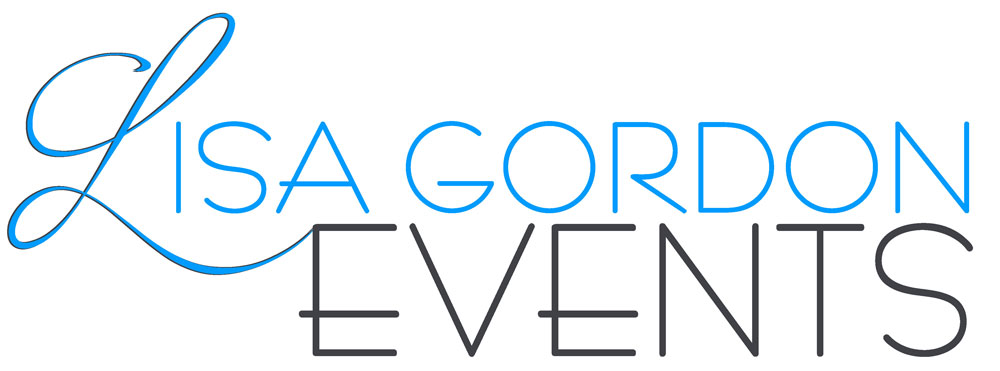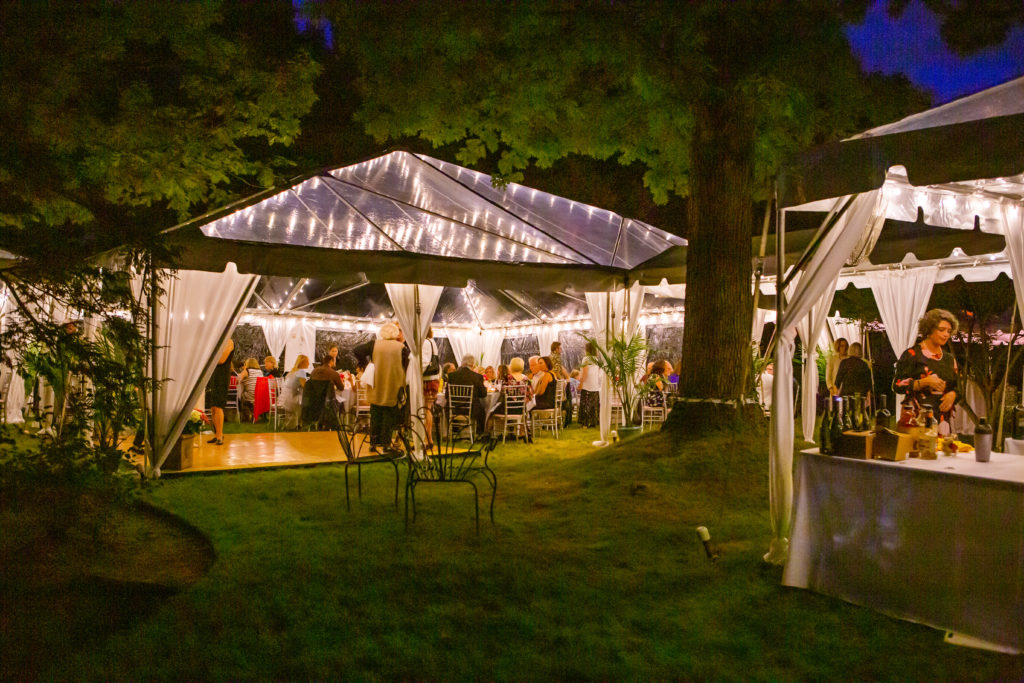Here’s something I’ve been ruminating about for rather a long time: What, exactly, is “day-of coordinating”? For some context, there are a lot of discussions in planner circles about what it is, what it isn’t, and whether or not it even exists. Let me assure you that, no matter what some planners say, it really does exist and some of us are still doing it.
I completely understand the point of view of some planners when they say that it’s not a real thing. They are saying (if they will allow me to put words in their mouths) that no one ever walks into a wedding to coordinate it without putting in a certain amount of planning time in advance. Or, maybe, some people do do that, but I can’t imagine that it ever turns out very well. The reality is that if I’m coordinating a wedding, I am doing a certain amount of the actual planning.
For the last several years, I’ve noticed that a lot of planners like to call it “month-of coordinating.” This is a nod to the fact that the coordinator is probably going to be involved in the wedding for the last four to six weeks before the wedding day (even though the actual coordinating is really only on the day! But I digress.)
And what happens in those few weeks? What does the coordinator actually do? Well, let’s say you’re planning a wedding and you have found all your own vendors (yay!) and figured out all your own decor (good job!) and you even have an idea of what the timeline of the day is (you’re ahead of the pack!)
Then you hire me to coordinate. The first thing I have to do is get all that information about your plans from you. You send me your vendor contracts, your lists of decor items, and probably a lot of other things. We also do a walk-through at your venue with your caterer, where I ask a lot of questions and listen to everything being said to get the full picture of your plans. On the outside, it may not look like I’m doing much, but in my head, I’m constructing a full picture of your wedding day and of every single thing that has to happen. I’m writing down the timeline details, and I am looking for places where problems might occur.
And that is just the beginning. After that, I talk to each and every one of your vendors to make sure that we all have the same understanding and to see what they need in order to do their jobs. Make-up artists need chairs and tables; musicians and DJs need electricity and protection from the weather; bakeries need refrigerator space; and so on. These are things that don’t sound like much, but they make a surprisingly large difference in how smoothly your wedding day goes. Other vendors also notice where there may be problems that affect their work, and we often spend some time figuring out how to prevent those problems.
So, is that just coordinating? No, it is actually planning your wedding. In fact, it’s by far the most complex part of planning your wedding. Finding vendors is easier (if much more time-consuming). Planning decor is easier. Even budgeting is easier. These nuts-and-bolts logistics are the hardest part of planning. And they are what I do when I am “just coordinating” your wedding.
So, why do I do it? Because putting together all the pieces of your vision and making it come to life are my very, very favorite parts of this job. Turning your dream into reality is a thrill that is unlike any other. I keep doing Day-of Coordinating, with all it entails–because I like it and because I know that I am helping you do something that would be much harder otherwise.
So, no matter what you hear from other planners, there is such a thing as day-of coordinating, and it’s an important service for everyone who is planning a wedding.


Recent Comments